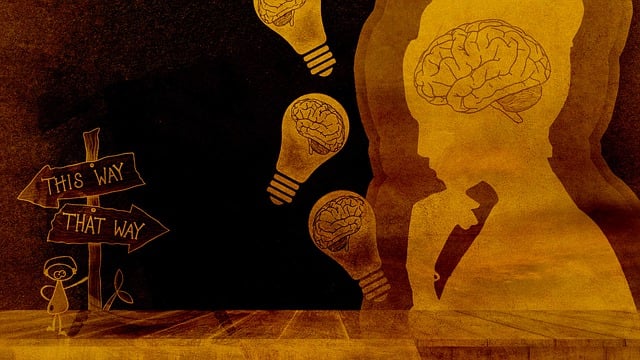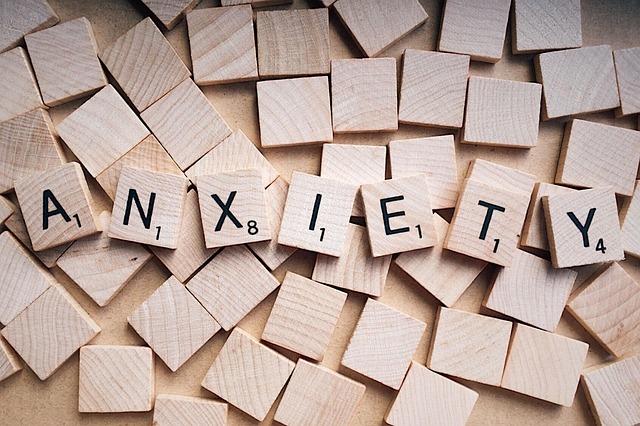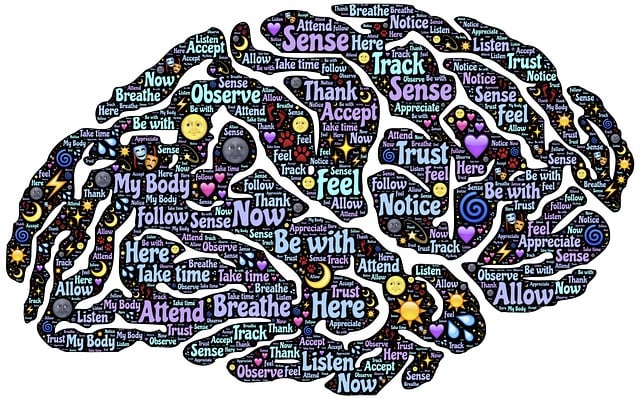Lafayette Men's Issues Therapy prioritizes client safety and well-being through comprehensive risk assessment and harm minimization strategies. Therapists identify vulnerabilities, foster empathy through active listening, and promote inner strength development to create secure environments. Their holistic approach, guided by policy advocacy and stigma reduction efforts, ensures effective therapy tailored to men's unique mental health journeys, fostering resilience and emotional intelligence.
Risk assessment and harm minimization planning are essential components of safe and effective therapy practices, particularly in addressing men’s issues in Lafayette. This article delves into these critical aspects, offering a comprehensive guide for therapists. We explore the foundational principles of understanding risk assessment, navigating complex client vulnerabilities, and implementing practical strategies to minimize potential harms. By equipping professionals with tools like Lafayette Men’s Issues Therapy, we enhance safety and foster positive outcomes.
- Understanding Risk Assessment: A Foundation for Safe Practice in Therapy
- Identifying Potential Harms: Navigating the Complexities of Client Vulnerability
- Implementing Harm Minimization Strategies: Practical Tools for Lafayette Men's Issues Therapy
Understanding Risk Assessment: A Foundation for Safe Practice in Therapy

Risk assessment is a cornerstone of responsible therapy practice, especially within Lafayette Men’s Issues Therapy. It involves meticulously evaluating potential risks and their consequences to ensure client safety and well-being. This process begins by identifying hazards present in various therapeutic settings, such as emotional vulnerability or sensitive personal topics. Therapists then analyze the likelihood and severity of these risks, enabling them to implement tailored harm minimization strategies.
By embracing a comprehensive risk assessment approach, therapists can foster an environment conducive to self-care practices, emotional regulation, and confidence boosting. It empowers clients to engage in therapy with peace of mind, knowing their concerns are anticipated and managed effectively. This foundation of safety encourages open communication, fostering deeper therapeutic connections and ultimately enhancing the overall effectiveness of Lafayette Men’s Issues Therapy services.
Identifying Potential Harms: Navigating the Complexities of Client Vulnerability

Identifying potential harms is a critical step in risk assessment and harm minimization planning for Lafayette Mens Issues Therapy. Understanding client vulnerability is a complex task that requires nuanced sensitivity. Every individual’s experience with mental health challenges is unique, shaped by their personal history, cultural background, and current life circumstances. Building empathy through active listening and open dialogue allows therapists to recognize subtle cues of distress or potential risks that may not be immediately apparent.
By employing effective empathy building strategies, therapists can create a safe and supportive environment, encouraging clients to explore and express their feelings openly. Encouraging mental wellness journaling exercises can provide insight into recurring themes or triggers, while offering opportunities for reflection and self-awareness. Moreover, promoting inner strength development through evidence-based practices equips clients with coping mechanisms to navigate challenges, fostering resilience and mitigating risks of harm.
Implementing Harm Minimization Strategies: Practical Tools for Lafayette Men's Issues Therapy

Implementing harm minimization strategies is a pivotal aspect of Lafayette Men’s Issues Therapy, aiming to address the unique challenges faced by men while fostering a supportive environment. These strategies are practical tools that go beyond traditional risk assessment methods, focusing on proactive measures to mitigate potential harms. By integrating Mental Illness Stigma Reduction Efforts, therapists can create safe spaces where men feel empowered to explore their emotions and build emotional intelligence—a crucial skill for managing mental health effectively.
The process involves a comprehensive Mental Health Policy Analysis and Advocacy approach, ensuring that the therapy aligns with current best practices and community needs. Through collaborative efforts, therapists can identify and address risk factors specific to male clients, promoting long-term well-being. By combining these strategies, Lafayette Men’s Issues Therapy takes a proactive step towards enhancing mental health support while challenging societal norms and reducing the impact of stigma.
Risk assessment and harm minimization planning are essential components of safe practice in therapy, particularly within the context of Lafayette Men’s Issues Therapy. By understanding risk factors, identifying potential harms, and implementing practical strategies, therapists can enhance client safety and well-being. These approaches not only protect clients but also foster a more effective therapeutic environment, enabling practitioners to provide tailored support for complex issues faced by men in Lafayette.














